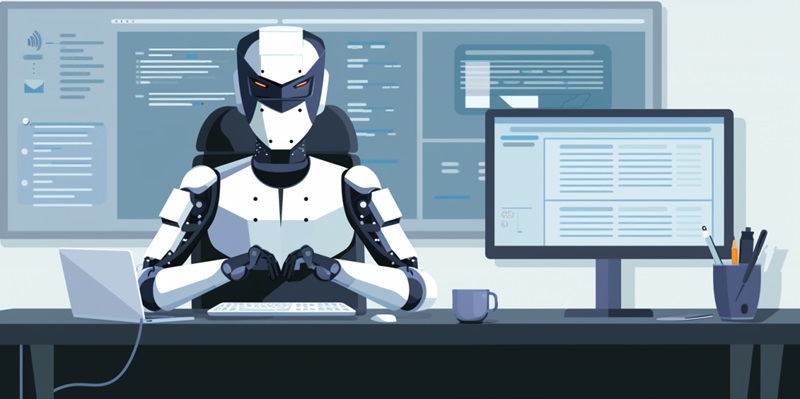As artificial intelligence (AI) continues to weave its way into the modern workplace, its impact on employees can vary dramatically. A survey by meQuilibrium underscores not only the diverse perspectives but also the psychological underpinnings that can affect how workers interact with emerging technology. According to the study, individual characteristics such as resilience and positivity considerably shape perceptions of AI. Employees who exude resilience and optimism are more likely to embrace AI as a pivotal resource for enhancing productivity. They’re adept at leveraging AI tools to push the boundaries of their effectiveness, with a notable 66% of problem-solvers markedly more willing to utilize AI to their advantage. On the flip side, those who harbor less positivity may perceive AI as a looming threat, especially to job security. About 25.3% of these employees harbor fears of potential job replacement by AI, in contrast to just 16% among their optimistic counterparts, with the anxiety even more pronounced among those displaying lower resilience levels.
Bridging the Guidance Gap
Despite AI’s rapid integration into business operations, companies seem to lag in providing necessary direction to their employees. A mere 31% of organizations have put into practice concrete guidelines governing the use of AI technologies. Even more concerning is that less than 10% of workers have reported receiving valuable insights from their managers on how to harness AI for their roles. This gap in guidance, spotlighted by the meQuilibrium survey, illuminates a critical issue: employees are left to navigate the complex digital landscape largely on their own. Without a compass in the form of structured guidelines or training, the workforce is at risk of failing to capture the full potential of AI innovation, with some possibly succumbing to the trepidation that accompanies the unknown territory.
Fostering a Supportive AI Culture
Artificial intelligence’s integration into workplaces affects employees differently. A meQuilibrium survey reveals that workers’ individual traits, like resilience and a positive mindset, significantly influence their interaction with AI. Resilient and positive employees often see AI as a tool to boost their productivity, with 66% of proactive problem-solvers ready to harness AI’s benefits. In contrast, those with a less positive outlook might see AI as a potential job risk. Around 25.3% of such workers fear that AI might replace their roles, a concern that’s less common—only 16%—amongst their more optimistic peers. This worry is even stronger among employees with low resilience. Essentially, how employees perceive AI in the workplace can significantly impact their willingness to engage with it and their concerns about job security, illustrating a divide influenced by personal outlooks and psychological resilience.

